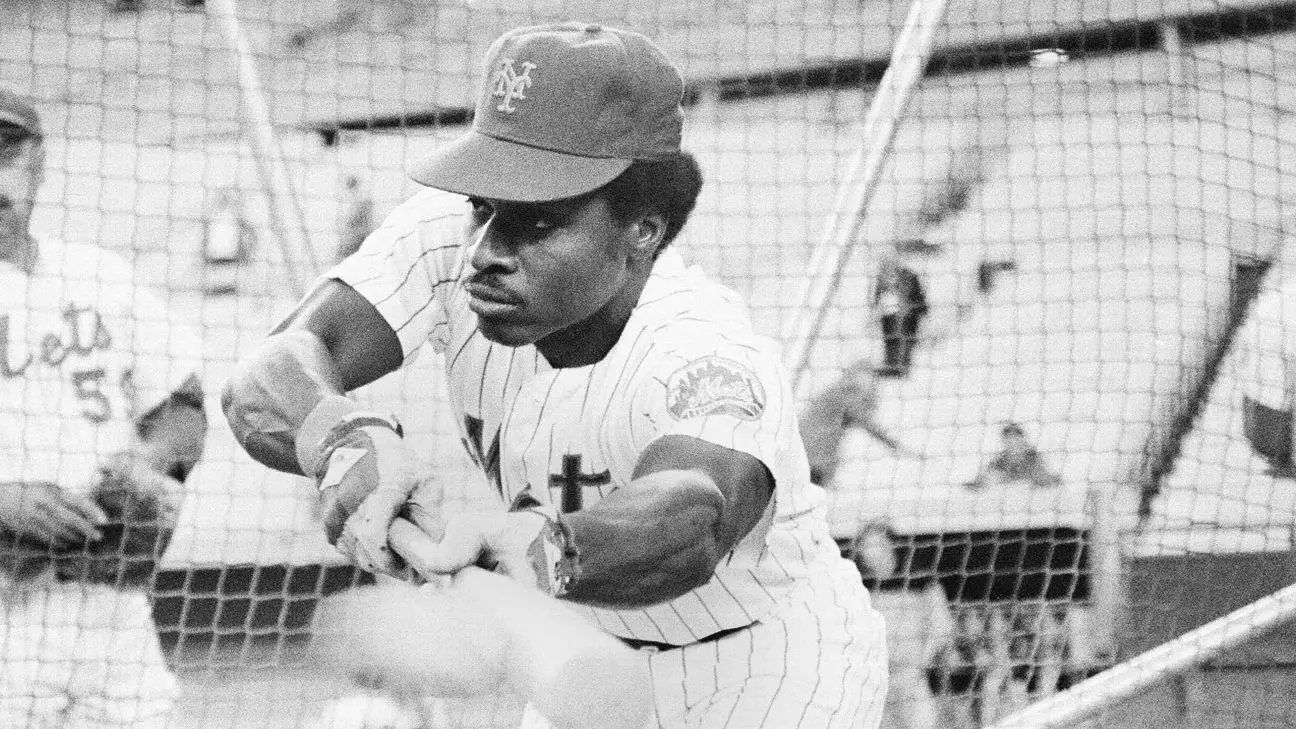Lenny Randle, a name that resonated within and beyond the confines of Major League Baseball, passed away at the age of 75 at his home in Murrieta, California. Known for his multifaceted life that spanned sports, comedy, and cultural commentary, Randle leaves behind not just a sports legacy but a remarkable story that reflects the complexities of human experience in professional athletics.
Born into a world where competitive spirit is bred alongside familial support, Randle’s athletic journey began at Arizona State University. There, he not only excelled on the baseball diamond but also made significant contributions to the school’s football team. His talent was recognized when he was chosen as the 10th overall pick in the secondary phase of the 1970 amateur draft by the Washington Senators. Randle made his major league debut on June 16, 1971, achieving his first hit against the renowned pitcher Vida Blue. Such moments foreshadowed a career marked by flashes of brilliance, but they were just a prologue to an eventful narrative that would involve numerous franchises and a trove of historic incidents.
Career Highlights and Quirks
Over a career spanning twelve seasons, Randle’s statistics speak to a competent player: a .257 batting average, 27 home runs, 322 RBIs, and 156 stolen bases. However, he became more than just a list of numbers. His nickname, “The Most Interesting Man in Baseball,” was solidified by his unique career moments rather than his on-field metrics. Randle contributed to a series of infamous incidents that made him the subject of media attention — from the field invasions during the Senators’ last game in 1971 to being part of the tumultuous Ten Cent Beer Night in Cleveland, where chaos ensued both on and off the field.
One such memorable moment occurred during a blackout at Shea Stadium in 1977 when the power went out while he was at the plate. His ability to thrive in unpredictable circumstances showcased his resilience and adaptability, traits that set him apart in a sport often mired in routine.
The Punch that Changed Everything
Randle’s career was not without its controversies. A pivotal moment occurred in 1977 when he infamously punched Texas Rangers manager Frank Lucchesi following a heated exchange. The altercation, which left Lucchesi with serious facial injuries, exemplified the volatile nature of professional sports relationships. Despite the repercussions—including a 30-day suspension, hefty fines, and a legal fallout—this act solidified Randle’s status as a complex character capable of both great talent on the field and bouts of impulsive behavior. Randle’s manipulation of the media post-altercation, wherein he described mutual misunderstandings with Lucchesi, added another layer to his character that fans would grapple with throughout his career.
Life After Baseball: A Renaissance Man
While his playing days ultimately waned, Randle’s vibrant personality didn’t fade. He sought opportunities outside of baseball, diving into standup comedy and even releasing a funk single titled “Kingdome.” His time spent playing baseball in Italy, where he claimed he had found a “fountain of youth,” illustrated his lifelong pursuit of joy and creativity beyond competitive sports. Randle’s experiences in Europe also enabled him to explore different cultures, speak fluently in five languages, and share his love for the game without the high stakes and pressures that often accompany Major League Baseball.
He remained active in coaching youth baseball, imparting wisdom and life lessons to younger generations. Randle distributed T-shirts emblazoned with the phrase “Don’t Blow It, Go to College,” merging the themes of sports and education, showcasing his desire to inspire rather than merely instruct.
As the news of his passing spread, Randle’s family and fans were left to reflect on a life filled with contradictions, humor, and an indomitable spirit. Survived by his wife, Linda, as well as his three sons and grandchildren, Randle’s memory is destined to live on through the stories shared by those who knew him and the deeper impact he had on both teammates and opponents alike.
Though his stats may serve as a historical reference in baseball books, it is the rich tapestry of experiences—both on and off the field—that render Lenny Randle an unforgettable figure in the annals of sports history. With plans for a celebration of his life ahead, it is clear that Randle’s contributions to baseball and the lives he touched will never truly fade away.


Leave a Reply